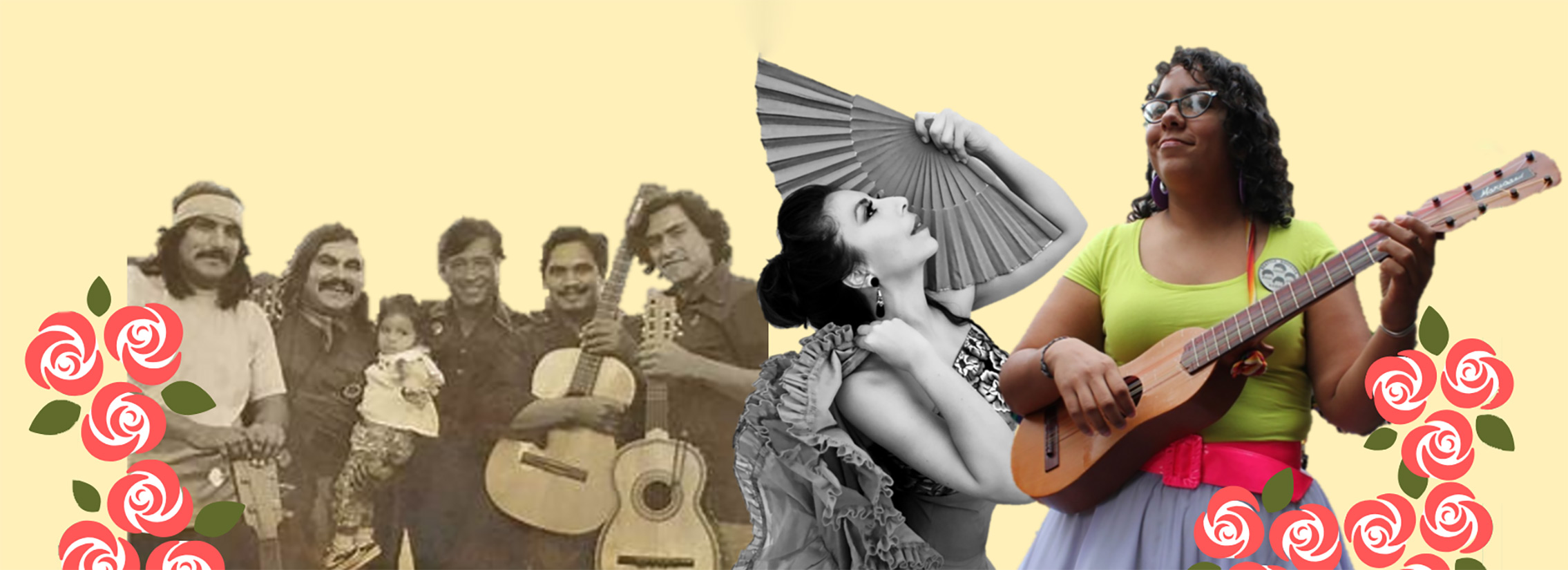Emily Diamond ’20

In 1969, a small group of Claremont College students got together to address the growing concerns of Latinx students at The Claremont Colleges. They envisioned a space that would connect Latinx students and a program in which students could feel supported academically, socially, and culturally. From their activism, the Mexican American Studies Center was established, located in a small house on Dartmouth Avenue and 11th Street.
“The creation of the center provided an opportunity for students, faculty, and staff to use the momentum of the times to create a space that would promote research, teaching, and mentoring to a student population that in the past was in the periphery in higher education,” says CLSA Dean of Students Tony Jimenez.
Over the next 50 years, the center would undergo several changes in location, size, and services, yet it has always retained its core as a center for Latinx heritage and identity, served as a community hub, and provided a wide range of programs that support students’ educational, professional, social, and cultural backgrounds. Now the center is referred to as Chicano Latino Student Affairs (CLSA) and is located in the Tranquada Student Services Center.
A defining element of CLSA is familia, a concept rooted in the idea that in order to succeed, students must feel a sense of belonging and have a network that addresses their diverse needs. One way that CLSA supports Latinx students is through cultural programming that celebrates intersectionalities of race, class, gender, immigration status, and sexualities. Furthermore, CLSA offers academic support, such as helping students apply for the National Science Foundation (NSF) Graduate Fellowship Program, and it has become a hub for students who are considering applying to graduate and professional schools. Indeed, CLSA boasts a placement rate of nearly 100 percent for students who have applied to medical school.
“CLSA has given me a space that is familiar to home, where I can be with family and community,” says Jeanette Lomeli ’22, a sponsor for the mentoring program at CLSA. “Through community dinners, workshops for healing and learning, and collaborations with other colleges, I’ve created meaningful experiences and relationships that help me express my identity and strengthen my understanding of who I am as I navigate college.”
According to CLSA Assistant Dean Xochitl Casillas, another enduring feature of CLSA is the central role of students in Chicanx/Latinx activism. “From the Chicano students that fought for the establishment of the space in 1969, to our current diverse Latinx students representing all of the Americas, the students have always been integral in making our community stronger and fighting for representation,” she says.
To celebrate its 50th anniversary, CLSA has been hosting a slate of culturally relevant events as part of its inaugural art and culture series, Flor y Canto. Upcoming events in the series include a flamenco dance workshop on November 6 led by Chicanas Gitanas, a dance group founded in Los Angeles in 1988 that aims to embrace being both Chicanas and Flamenca; a performance by Chicanas Gitanas on November 7; and a film screening and discussion of “Singing my way to freedom” on November 14.
According to Associate Professor in the Intercollegiate Department of Chicanx-Latinx Studies Martha Gonzalez, Flor y Canto, which translates to “word” and “song,” reflects a common theme during the days of the Chicano movement. “In our cultures it takes both the poetic/intellectual word and the ‘song’ or music to communicate important and complete holistic thought. Said together, ‘Flor y Canto’ signals to our wholeness, our embodiment and a resistance to the mind/body/spiritual split that Eurocentric ‘objective’ academic inquiry emphasizes,” explains Gonzalez, who is hosting all Flor y Canto events.
At the 5Cs, this resistance takes shape in more than just Latinx presence on campus. “In order to disrupt the centrality of Eurocentric systems, we must enact our ways of thinking, doing, being, and practicing in any and all spaces on campus. Our interjections in class discussions, social justice activism on campus, as well as the events we host are a way of doing just that,” says Gonzalez.
“I hope that this becomes an annual event,” adds Gonzalez. “And we hope that everyone will join in. All of humanity is welcome, so long as they arrive with respect and humility.”

